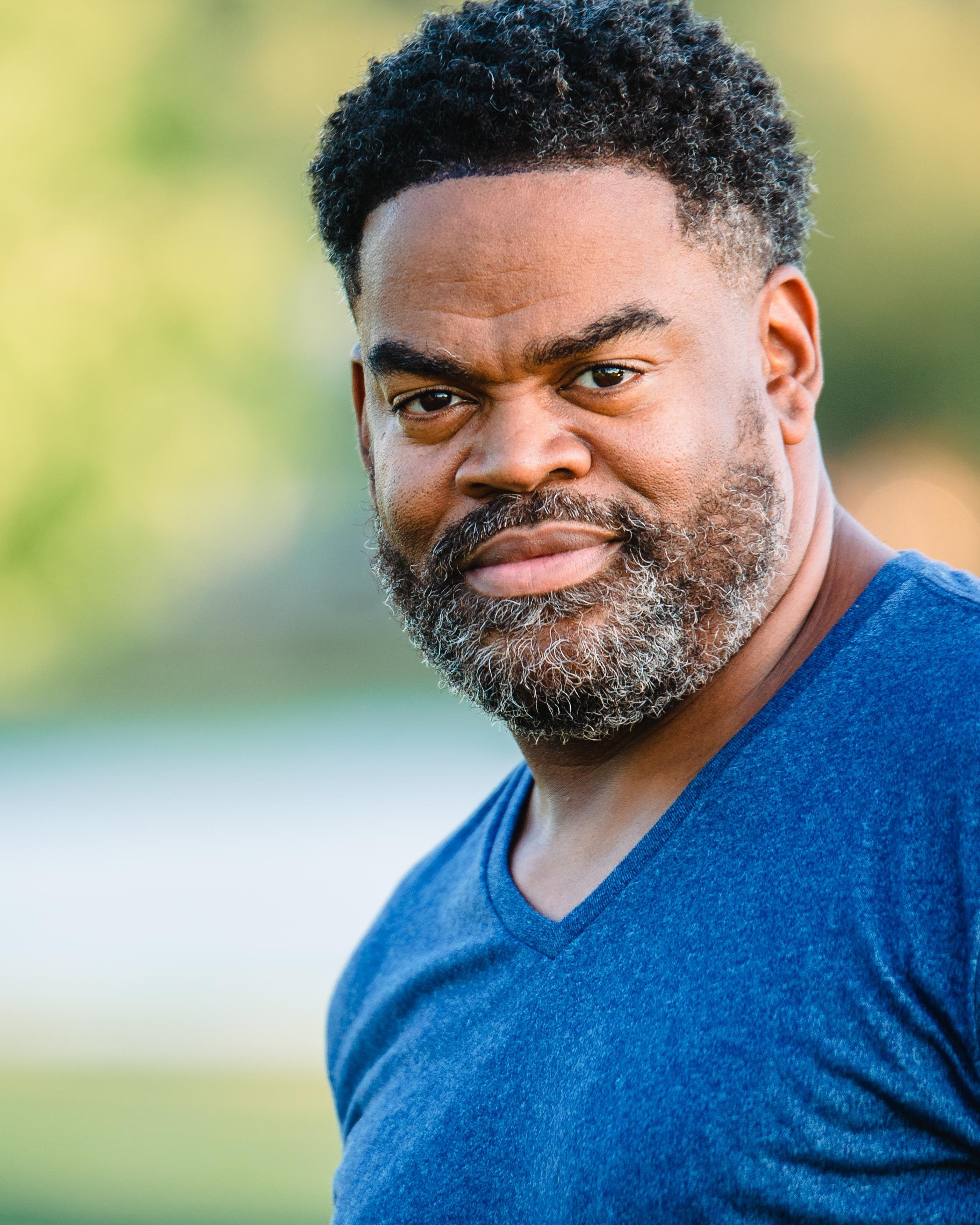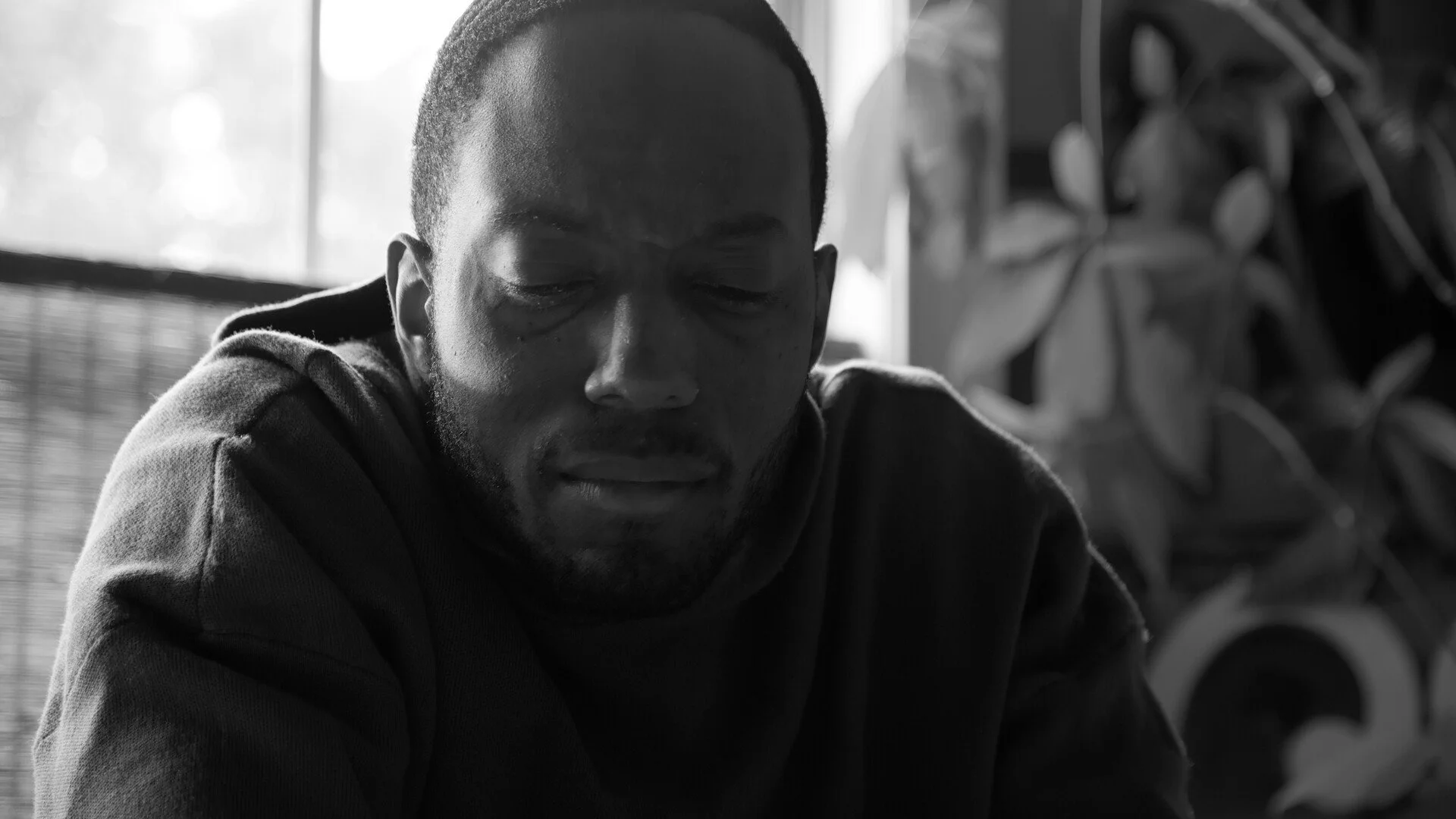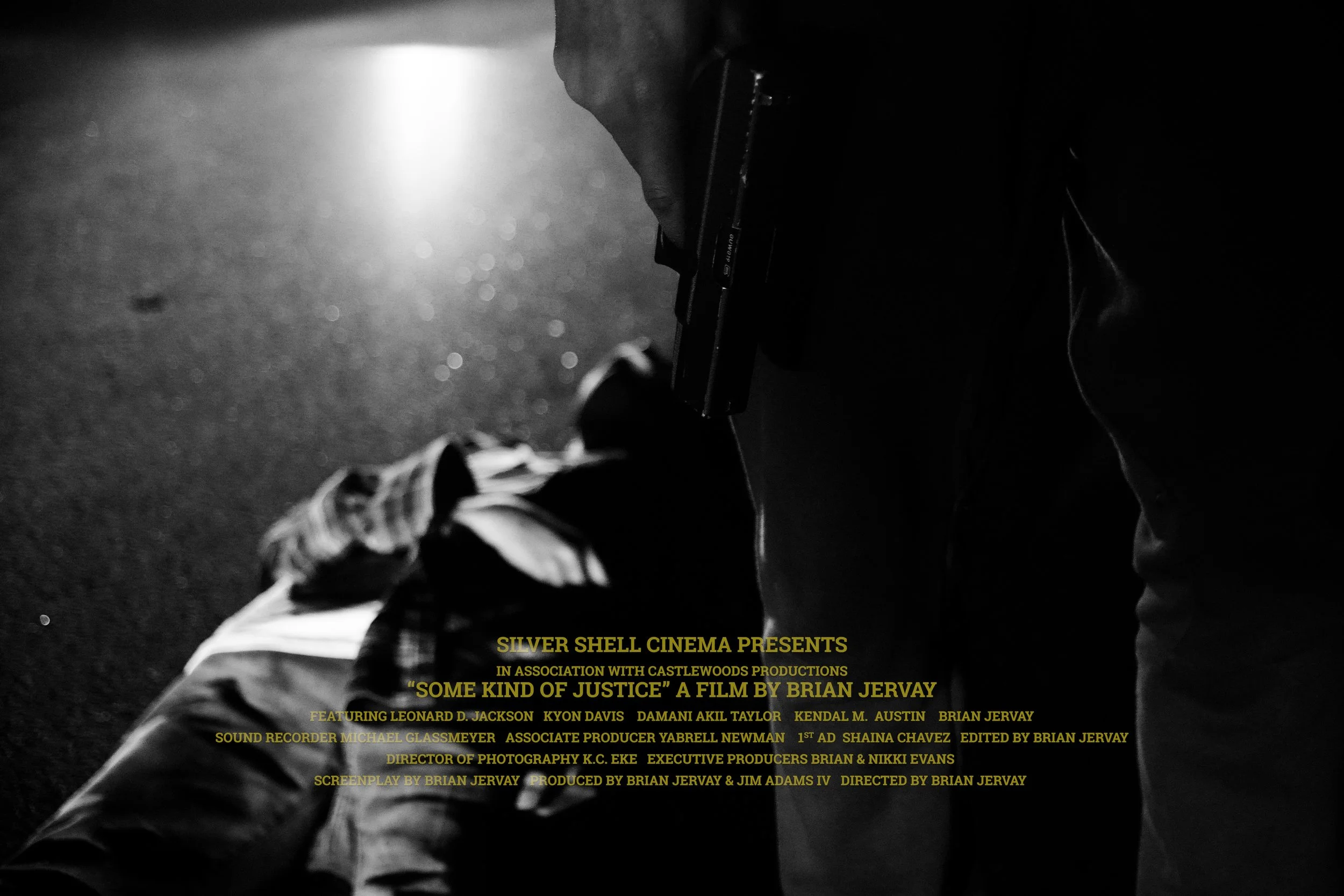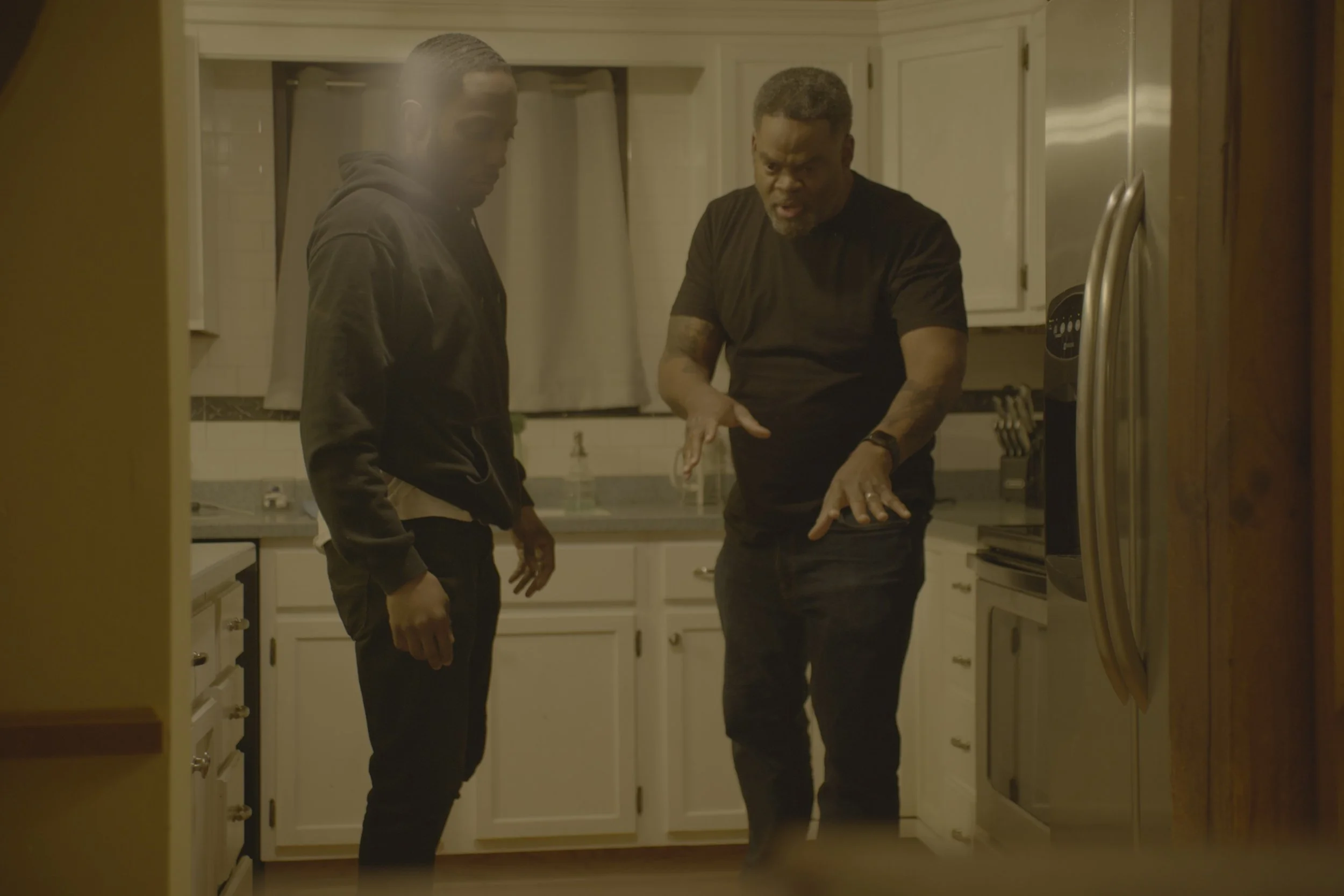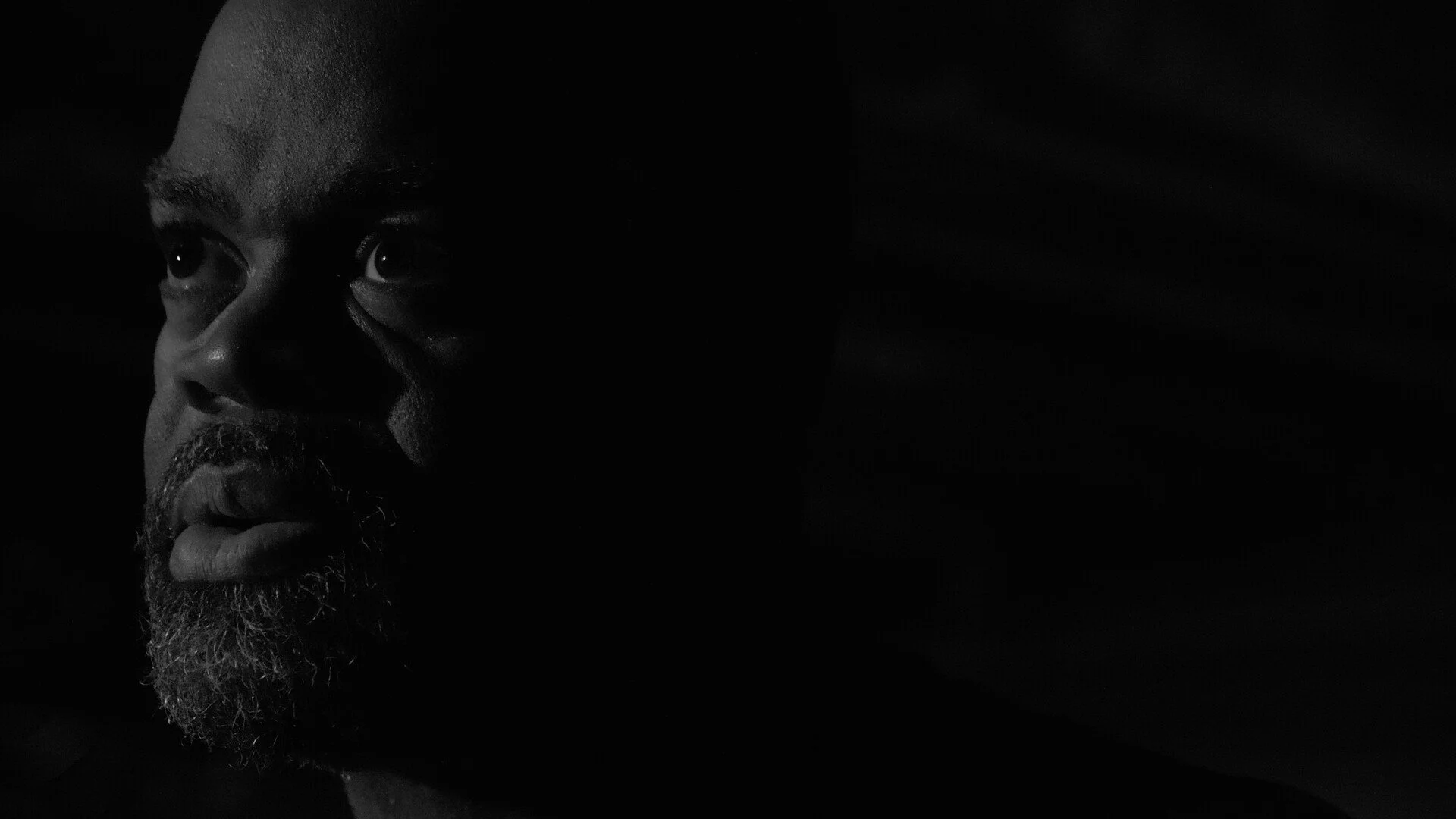Brian Jervay: Telling Raw and Unfiltered Stories on a No-Budget Scale
Welcome Brian, we are very excited to have you today with us to discuss about your work.
Who is Brian Jervay and how did the passion for creating begin?
I’m a retired 20 year US Navy veteran originally from Chicago Illinois. I’ve always had a passion for movies and story telling. It was my mother’s love for movies that got me into watching the classics. At 17 I went to Film school at Columbia College in Chicago where I studied Film Techniques 1 & 2 but I found that while I learned a lot, film school made me feel like it was less attainable. I had professors that used to talk down on filmmakers I really liked, like Brian De Palma and even Spielberg, that is until after he made Schindler’s list, then they loved him. There was this prudish attitude towards the films I liked to watch and wanted to make. This was back in 1990 and at that time we didn’t have all the great tools we have today. So, being poor, and feeling as if I had to be this pretentious "suffering artist," I dropped out of Film school, got married and joining the Navy. Don't get me wrong, I learned a lot in film school, but it also created some insecurities in me that prevented me from actually making films.
Can you tell us a bit about your previous work?
After joining the Navy, I tried to move on from filmmaking, but I couldn't. While still on active duty, I saved about $3500.00 and made an experimental film which got me nominated for best first time director in the Pan African Film Festival held in Los Angeles, CA. The production value wasn’t great, but I wanted to prove to myself I could do it. The film was released on DVD under the title Platinum Playaz (originally Rough, Rugged, & Raw). That success boosted my confidence and I ended up making two other micro-budget features, Mi Vida, Mi Carga (not released) and Love Incidental (currently on Amazon Prime) which I shot after I retired from the Navy, during the pandemic. Again, the production value wasn’t the greatest, but I worked with a small group of recent film school graduates and we got it done. Simply put, I don't believe in waiting for the big-budget or “right situation,” I just keep shooting. To me, that's the best way to learn. My thought is, if you can’t afford film, shoot digital. If you can’t afford a camera, use your phone, but never stop shooting!
Some Kind of Justice is an emotionally charged story about grief, loss, and revenge. What inspired you to tell this particular story?
I grew up in Chicago which is a rough town. When my first child was born, I wanted to protect her from the things I had witnessed growing up so we moved to another state and I joined the Navy. Fast forward to now and I’m a father with 5 children living in what’s considered to be a nice “safe” neighborhood. Well watching the news one day, I saw a kid was murdered in a neighborhood that was considered “safe.” I saw the father talking about his son, and the hurt and pain he felt struck me to my core. My heart weeped for this man that tried to do everything right for his family and still it wasn’t enough. My only thought was how helpless he must feel. I couldn’t imagine nor do I want to. I was out of the pain I felt for him, I began writing this story.
CONVERSATION ABOUT: ''Some Kind of Justice''
The film deals with a father’s personal quest for justice. How do you balance the emotional depth of the story with the action and thriller elements?
Story comes first. I remind myself of that when I find myself wanting to write these super cool looking scenes with all kind of amazing action happening. I read over it then ask, "does this serve the story or is it just cool?” And because I act, I put character over action. So I purposely try to create action and thrilling moments that will complement the character’s emotional journey. For instances I had this awesome action scene in the script before shooting it, I really wanted to leave it in, but when I had a couple of trusted friends read it, they felt it was too shocking and took them out of the moment. I struggled with removing it because it was REALLY cool, but I knew it was better to rewrite the scene in a way that the action would still be impactful but not distract from the emotional importance of the scene. Also because I’m shooting no-budget I have to scale back on some of what I might want to do action wise, so that helps too.
Revenge stories have been explored in many ways in cinema. What makes Some Kind of Justice stand out from other films in this genre?
I think what sets us apart is that while on the surface it appears as though Gerald (main character) is out for revenge, in my opinion, he’s not. I believe he thinks he wants revenge, but deep down he's really trying to fill the whole left by the guilt and helplessness that’s eating away at him. Most films about revenge have a clear goal, which is "get the bad guys!" Some Kind of Justice steers clear of promoting or discouraging vengeance. I did my best to stay true to the character without regard to whether or not the audience would think his actions were right or wrong. I asked myself, "what would this character truly do in this moment," and I allowed him to do it. I can’t stand films that try to hand-fist an ending just to appease what they think the audience feels is right. There is no right or wrong in film, there’s just truth to the story.
The movie was shot on a no-budget scale, yet it looks visually compelling. What were some of the biggest challenges and creative solutions you had to employ during production?
I tried to shoot this film a couple of years ago with a different DP but all he did was complain about what we didn’t have. I scrapped that version of the film, got a new crew and recast the film. This time I surrounded myself with a crew that focused on utilizing what we did have instead of worrying about what we didn't. My new DP, KC Eke, and I stayed up all hours of the night thinking of how to overcome our limitations. We agreed the emotional elements of the story was priority number one. Our center of attention was ensuring that we allowed the actors to play while maintaining the cinematic integrity of the film. We couldn’t afford a crane, but we could go on the balcony and shoot overhead. We didn’t have enough extras but we could position the camera in such a way to fill the frame making it look as though the room was filled. It was this can-do attitude that allowed us to make a no-budget film look visually compelling. I have to mention my AD Shaina Chavez. With no prior experience as an AD, she came onboard and kept us on time.
What reactions do you hope to elicit from audiences watching your project ?
Obviously I hope they enjoy the film, but I try not to focus too much on how the audience will respond. Film/Art is subjective. If I think about trying to elicit a specific reaction from the audience, I'll start creating in a way that I think they want me to. All I really want is for them to be fair. In other words, don’t confuse personal taste with whether or not it’s a good story. For example, I’m not a big on Romantic Comedies, but that doesn’t mean I think they are bad movies, they're just not my taste. I simply ask that they go into it with an open mind and a willingness to let the film be what is and whatever that brings out of them, I willing to live with.
You have a long history of working in independent cinema. What lessons from your past projects helped you the most in directing this film?
The most important lesson I've learned is, work with people who believe in and share your vision for your project. It’s hard to make any film whether it’s a $200,000,000 block buster or $100 passion project. You need a solid team to help you get it done. If you’re fortunate enough to find a crew that you work well with, do your best to keep them together. Trust me, I know all too well the horrors of working with a crew that I felt was not only, not working with me, but was actively working against me. It’s not fun. The other thing I would say is that you shouldn’t sit around waiting for someone else to believe in your project enough to give you money to make it. If your script is so grand in scale, either find a way to simplify so you can shoot it with what you have, or do like so many others and shoot a short/proof of concept so at least you have something to show. Personally I put the same effort into shooting a short as I do a feature, so I just shoot the feature. But do what works for you.
Can you tease any upcoming projects or themes you're excited to explore in your future works?
I’m currently working on 3 to 4 scripts. I’m very flawed. As such I like to make films about deeply flawed sensitive people that are hurting and don’t know how to properly deal with it. My characters, at least my main characters, usually are not very emotionally intelligent. They tend to act in ways that mature adults ordinarily would not. I guess that says a lot about me huh? Well, Shakespeare said it best, “To thine own self be true.”
This marks the conclusion of the interview featuring our esteemed artist, Brian Jervay. Our community is growing steadily, with a continuous influx of skilled filmmakers and screenwriters joining us. Explore our other interviews, and consider scheduling one for yourself to showcase your creative endeavors.

